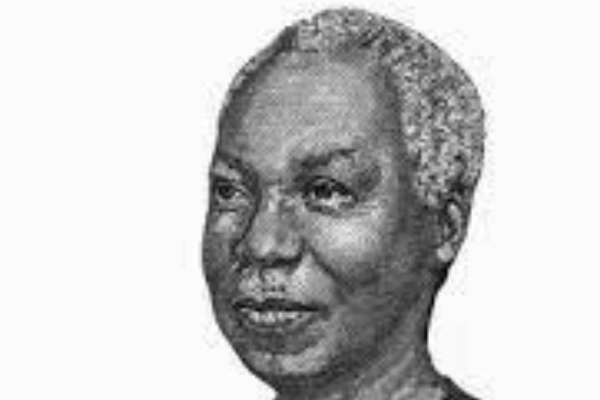
Mwalimu Nyerere Was as Good as His People
- Category: Governance
- Date 18-10-2009
- 1025 views
If wishes were horses, beggars would ride them’, an old adage goes. Every country in Africa and, possibly elsewhere in the world, wishes they had a leader like Mwalimu Julius Kambarage Nyerere but history and nature were so unkind that this eminent man was only borne, bred, and buried in Tanzania. It is ten years since the good man succumbed to the funeral mat.
The Comrade today explores why famous personages emerge in some places and not in others. One wonders why almost all of Tanzania’s neighbours and peers do not have any leader, past or present, to reach Mwlaimu’s standard. Milton Obote, Jomo Kenyatta, Kenneth Kaunda, Kamuzu Banda, Negasso Gidada, Samora Machel, Nnamdi Azikiwe, or Leopold Senghor: none has generated comparable euphoria as Mwalimu did.
It is said that every country gets the leaders it deserves. The answer to Mwalimu’s emergence and sensation is that Tanzanians are just good people, as can be explained in the identification theory.
Psychologists describe a process where a person sees oneself in another by assimilating that person’s attributes and possibly getting transformed to become like the person admired. For example, when the reader of a novel identifies with a character, it means that there is an aspect which that character possesses that is found in the reader’s own make-up.
It is the psychological processes that keep us uninformed about ourselves, and ultimately attribute our own characteristics to other people. For this, we see our friends as being more like us than they really are.
It is the mental attitude that subconsciously recognises in other people what actually lies within us i.e. people have conscious and unconscious attitudes that are hidden from their conscious awareness.
The Freudian projection theory, however, says that people condemn and blame others in whom they unconsciously recognise their own negative qualities. A person who harbours racist ideas but believes that racism is bad can easily believe that a neighbour is racist. Someone who likes fish might assume that everyone likes fish; or an adulterous husband might not only accuse his wife of unfaithfulness but can also conclude that every man is adulterous.
Both projection and identification enable people to feel at ease, perceiving other people as themselves. Identification has thus united Tanzanian leaders and wananchi in admiration of Mwalimu. One can safely say therefore that Mwalimu Nyerere was not necessarily a good man; rather he was a leader of a good people with sound moral standards and able to appreciate and uphold their leaders’ virtues.
The Comrade has lived and worked in the Republic of Malawi and witnessed how the Bakili Muluzi regime attempted to project Kamuzu Banda’s reign (1966 - 1994) as wholly discredited, yet he had done many good (and bad) things for his country.
Frederick Chiluba’s regime in Zambia too attempted to demonise Kenneth Kaunda’s reign despite his innumerable political and economic achievements. In Uganda, Yoweri Museveni believes that the country’s history began and will end with his regime. It is as though all his predecessors made no contribution whatsoever.
Tanzania is one of the very few countries in Africa like South Africa, Mozambique, Ghana, and Senegal where the wananchi acknowledge their initial governments’ achievements. A nation that produces a praiseworthy leader is primarily inhabited by a worthy citizenry, because fire begets fire as ash begets ash.
Some mythical theories abound, however, that some clans are eternally fated to produce cowards as others are equally privileged to raise heroes. The Comrade believes, nonetheless, that there can never be a crowd of heroes gathered in a single stadium or nation for that matter - which explains how Mwalimu earned his place in history.
At the dusk of the colonial era, Mwalimu Nyerere presented himself as the best and, with luck on his side, was accepted by all as such. Yes, luck is when opportunity meets preparedness: Rest in Peace Baba wa Taifa!
By Venansio Ahabwe
Source: The Comrade, The Guardian on Sunday
